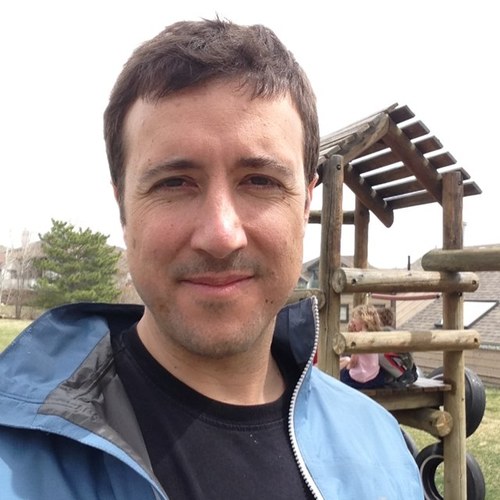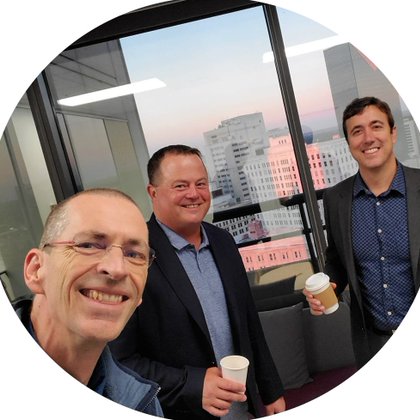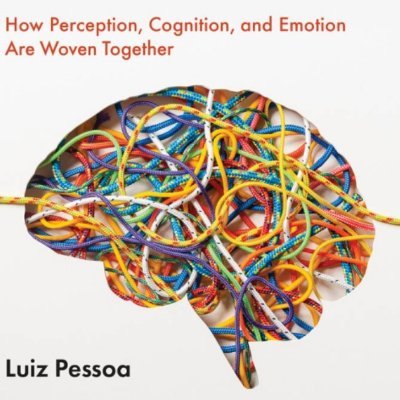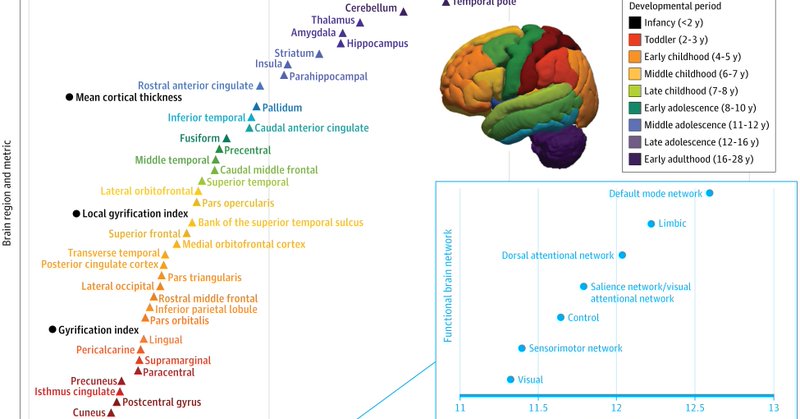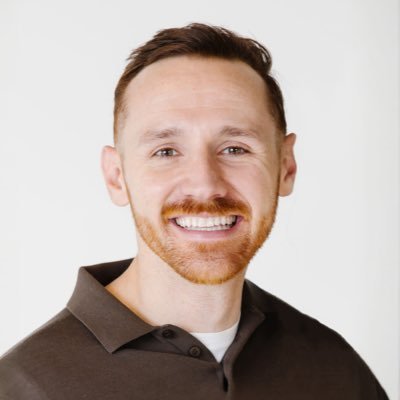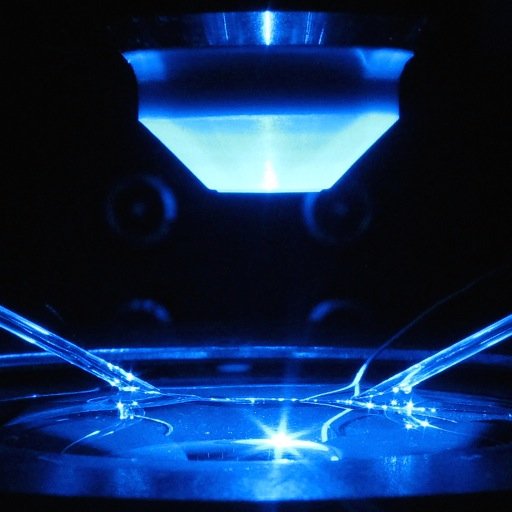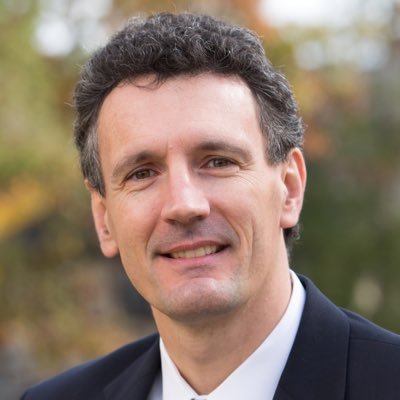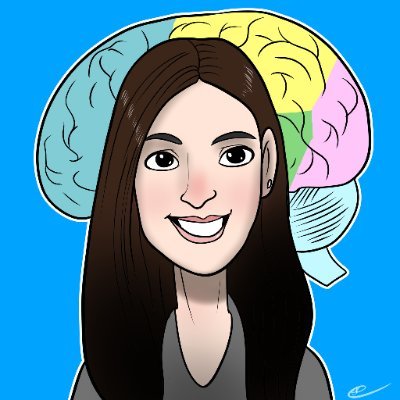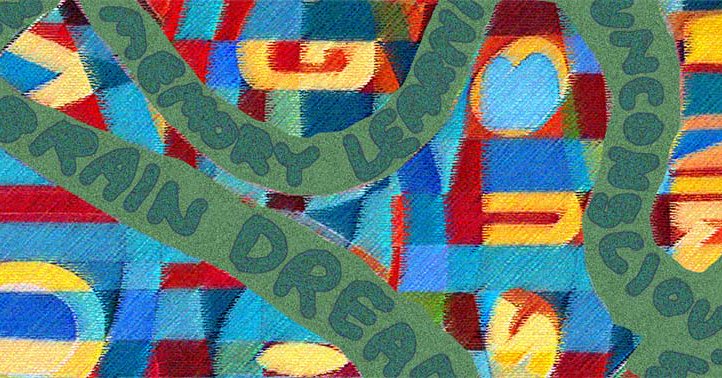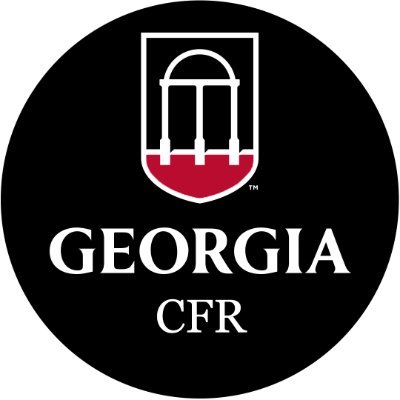
Robin Nusslock
@RobinNusslock
Followers
1K
Following
4K
Media
32
Statuses
1K
Professor @Northwestern. All things psychology & neuroscience
Evanston, IL
Joined March 2014
3-day #fMRI course live online Jan 7-9, 2026! #SPM, #ICA, GLM, connectivity, mediation, MRI physics, #DataScience with @vdcalhoun and Kent Kiehl. We love talking methods & connecting with colleagues! Come join us! Register at: https://t.co/JJuATJesyf
sites.google.com
Instructors
2
16
67
I'm recruiting a graduate student this year! If you’re interested in using MRI to study brain systems involved in emotion and how they link to mental and physical health, please apply! Check out our current projects here. Please share and retweet! https://t.co/3H5XRSvpIp
1
21
41
𝗖𝗼𝗴𝗻𝗶𝘁𝗶𝗼𝗻 𝗶𝘀 𝗲𝗺𝗲𝗿𝗴𝗲𝗻𝘁 Is neuroscience in need of a reboot?? Check presentation + discussion with Earl Miller ( @MillerLabMIT) on the Neuroscience and Philosophy Salon https://t.co/r63pVEobIg
5
56
199
New paper by ACNL alumni Kate Damme in JAMA Pediatrics explains how the timing of stressful events relative to neurodevelopment can help identify risk factors (looking backward) and predict future psychopathology (looking forward) at the individual level!
jamanetwork.com
This Viewpoint discusses the importance of contextualizing stressful experiences and the neurodevelopmental trajectory to predict the risk of psychopathology.
0
0
1
Now out in @NatureNeuro What happens to the brain’s body map when a body-part is removed? Scanning patients before and up to 5 yrs after undergoing an arm amputation, we discovered the brain’s body map is strikingly preserved despite amputation https://t.co/ffWmt20DGF 🧵1/18
13
61
192
Congratulations to our Human Neural Circuitry team; https://t.co/ocMsFdVbbT publishes today in Science! This was the hardest challenge of my career, but one of the most rewarding, after years of rebuilding– & for myself, expanding my inpatient neuropsychiatry work to the service
17
152
546
Rodrigo Braga, PhD (@RodBraga), joined the @NUFeinbergMed Breakthroughs podcast to discuss recent advances in his Human Cognitive Neuroscience Lab, including precision functional MRI technology, which helps the team understand how the brain works. Listen now on your preferred
1
5
14
Our paper has been published @NatureGenet! Through new statistical methods, we shed light on fundamental questions about cellular response to genetic perturbations. Our work is a substantial advance towards rigorous characterization and comparison of massive perturbation atlases.
How do genetic perturbations change cells? How are these effects shaped by cell type and dosage? How do we best extract insight from modern massive perturbation atlases? Im pleased to share a new preprint where we develop a suite of statistical approaches to these Qs (link below)
6
23
125
My lab at Northwestern is hiring! We have openings for a Project Coordinator, Research Assistant, MRI Data Analyst, and Postdoc for studies examining neuroinflammation and mental and physical health. Please RT and share!! Click here for more information: https://t.co/JfB823M61H
1
41
102
1/6: We have various positions within my new lab at UC Irvine. We are looking for a Researcher ( https://t.co/y31NNKQoSd; equivalent to Research Assistant Professor), postdocs ( https://t.co/FH4jJZrXRp), and Research Assistants (Specialist Series:, https://t.co/YOLuwQ9ReK).
6
75
171
🎉My lab ( https://t.co/0lHKr5kx8k) is hiring 2 full-time research assistants to work on NIMH-funded projects focused on the causes and treatment of depression in teens. Please RT and share! Apply⬇️ https://t.co/q4HZRf48kl
7
112
245
Dear colleagues: we just released a call for an exciting Special Issue for #psynomCABN: “Trying in the 21st Century: A New Look at the Neuroscience of Effort”, with an outstanding group of guest editors. Abstract submission due 12/15/24. Details at https://t.co/zqtXJ49x3S. Pls RT
0
10
22
Congratulations to Remy Mallett – you did it!!! New Strategies for the Cognitive Science of Dreaming (AKA Dream Research 2.0), out now in Trends in Cognitive Sciences
0
6
30
📅 Excited to announce our new review article in @TrendsCognSci, led by @hyejinjadelee with @allydworetsky and @labora_nathan Check it out here: https://t.co/hggj06Vzd3 🧵below...
1
44
170
I’m reviewing applications for @VT_Psychology's Clinical PhD program for Fall '25. If you're a prospective student with interests in transdiagnostic, dimensional, and neuroscience approaches to the study of psychopathology, please consider applying!
0
37
71
Just out with @zach_ladwig and @_DCPerez_, our perspective on "What do network approaches add to our understanding of prefrontal cortex and executive function" https://t.co/z4IuJTkHQn
2
17
65
Postdoc opening in my lab at Northwestern ( https://t.co/A55ZybeRtP) for new studies of sleep, to include studies of advanced contemplative practices and other ways to enhance benefits of sleep for health and psychological well-being. Inquiries to bruce.caughran@northwestern.edu
kenpaller.com
Art by Gary Paller Ken Paller is Professor of Psychology and Director of the Cognitive Neuroscience Program at Northwestern University, where he holds the James Padilla Chair in Arts & Sciences. He...
0
26
53
The Neuroimmune Network Hypothesis developed by @RobinNusslock and @FHRCatNU's Greg Miller looks at biological and social factors to explain how stress gets under the skin and impacts children's lifelong health. Watch the video from @uga_cfr to learn more:
cfr.uga.edu
0
1
1
Studying multiple organ systems helps us see, "how life adversity can generate risk for such a broad set of mental and physical health problems," says @RobinNusslock in this video introduction to the Neuroimmune Network hypothesis. https://t.co/30Tz0TqBIs
#stress #healthequity
0
1
1

